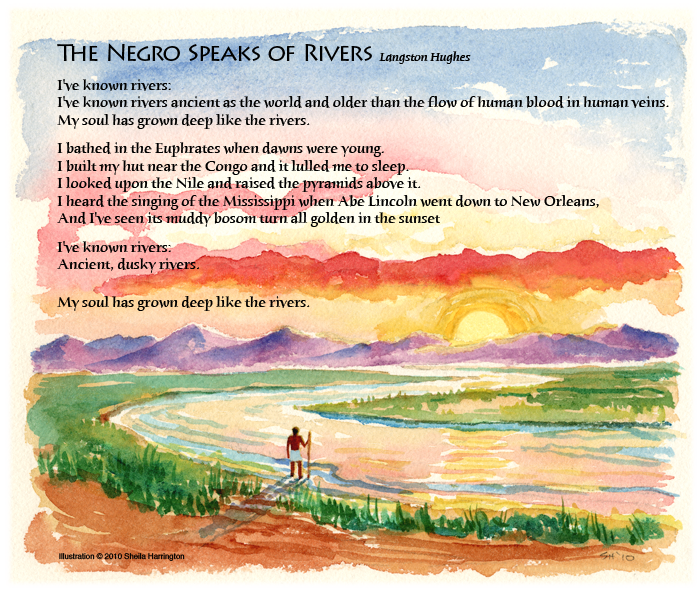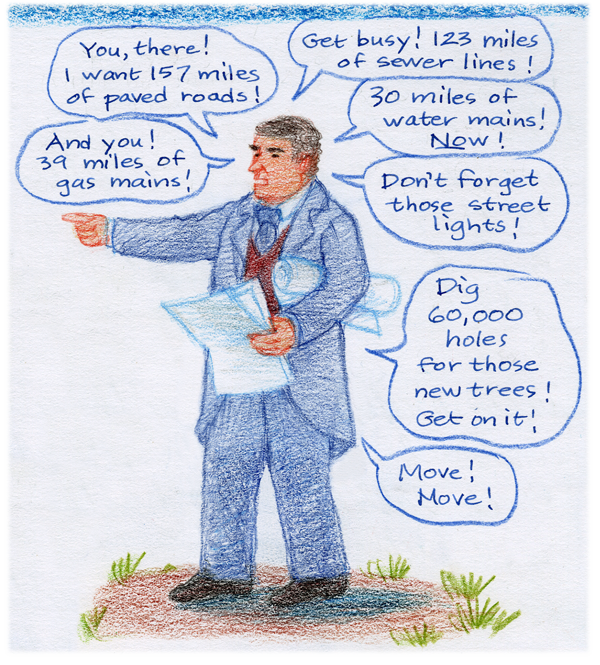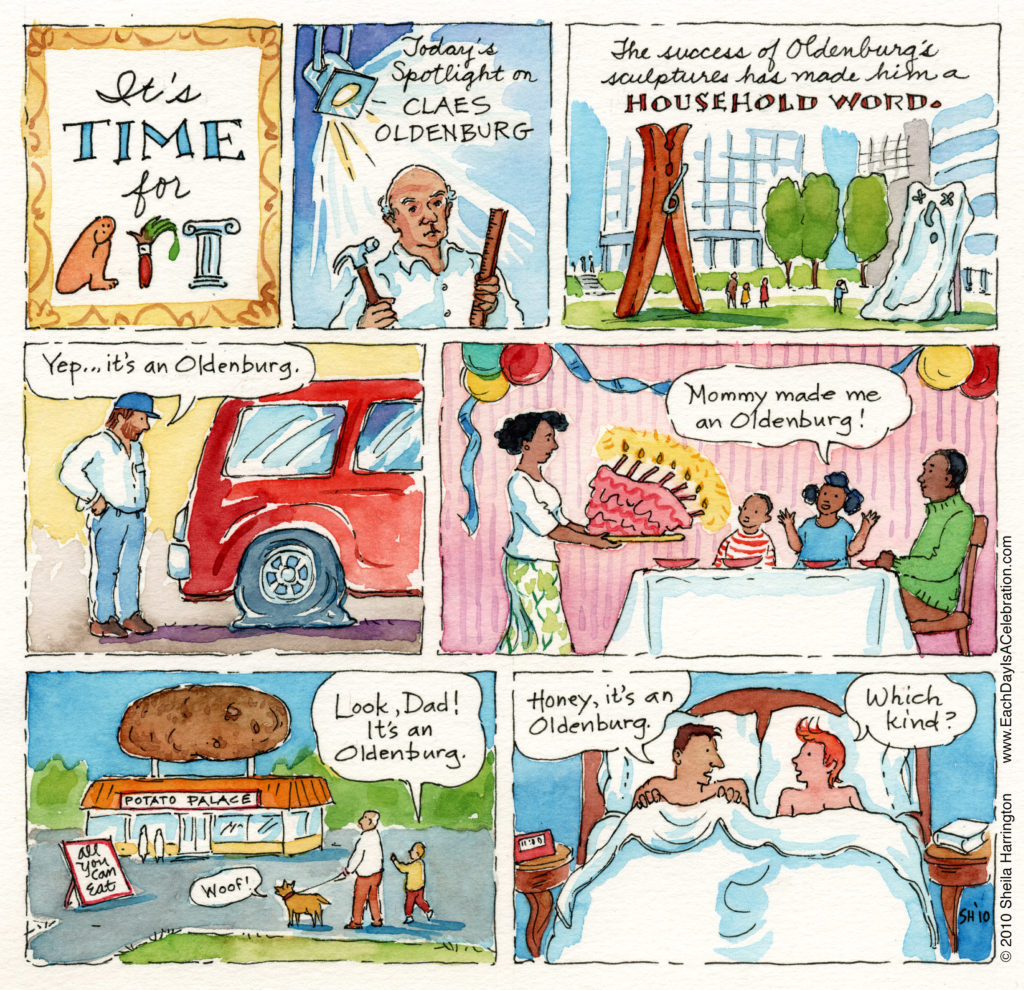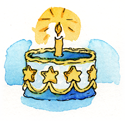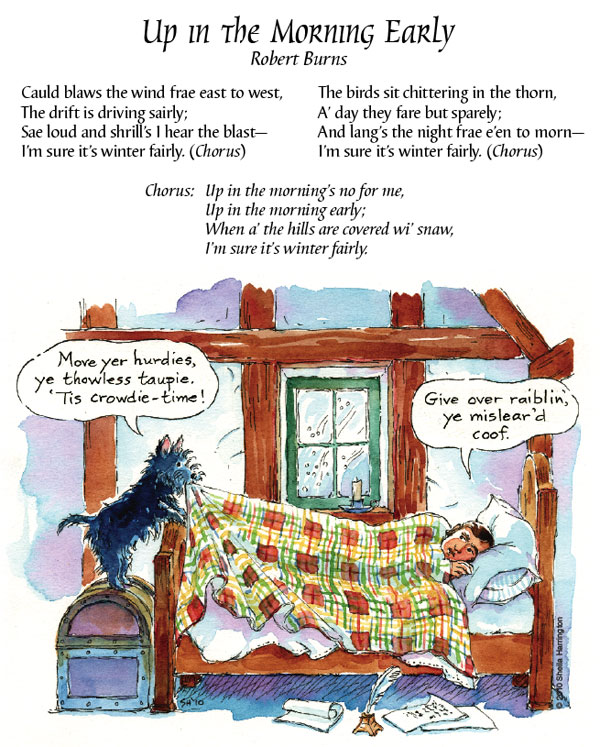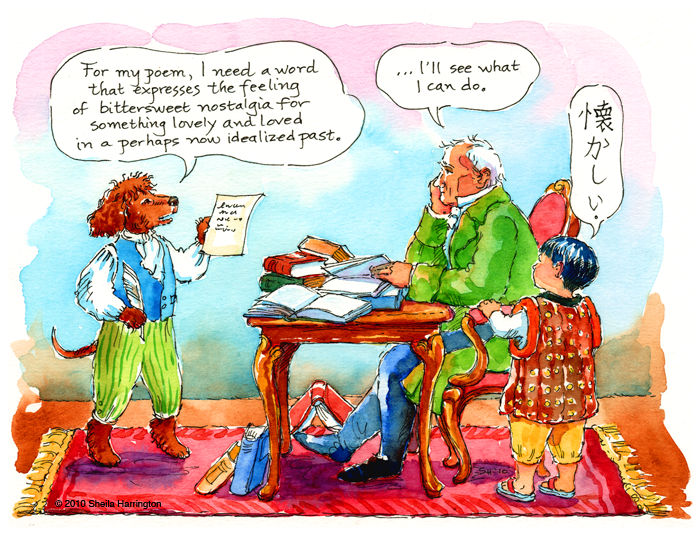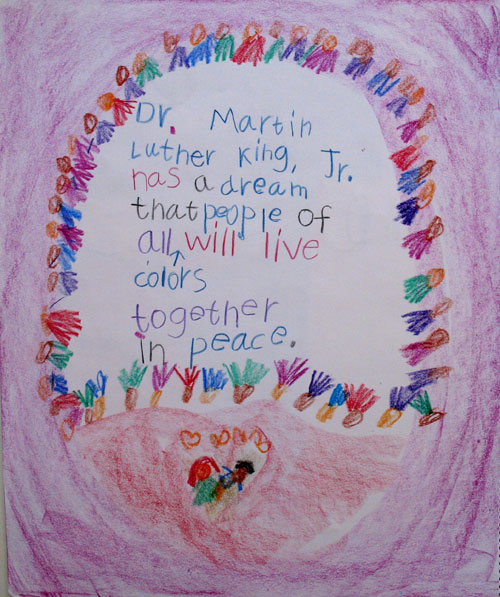Today is the birthday of [James] Langston Hughes (1902-1967), born in Joplin, Missouri. After his parents’ divorce, Hughes spent his childhood with a number of relatives, including his grandmother, who was one of the first women to graduate from Oberlin College. She taught him Bible stories, hymns, and the history of African-American heroes, among them Hughes family members. We can here speculate that this probably had a long-term effect on a thoughtful child with an ear for language.
During his rather isolated early childhood, Hughes began writing his own stories and poems. Despite his father’s disapproval (his father wanted him to become an engineer), he persisted, developing a sensitive, passionate voice that was influenced by jazz, blues, and the speech and concerns of ordinary black Americans. Frustration led him to drop out of Columbia University and try something else. Before he achieved recognition for his writing, Hughes worked as a merchant seaman, busboy, cook, dishwasher, and Paris doorman(!). Wanderlust and perhaps a hopeful temperament made a traveler of him. Hughes said, “Most people are essentially good, in every race and in every country where I have been.”
In his life he spent time in Mexico, West Africa, Europe, and the Soviet Union, as well as all over the States, but of all places he loved Harlem best. His first (and prize-winning) book of poems was about Harlem life. He went on to write many books of poetry, novels, essays, short stories, song lyrics, and plays. In the 1930s his work was attacked by critics as disturbingly dark; by the 1960s it was attacked as insufficiently radical. This may be the inevitable fate of many a creative person who lives long enough to endure it.

